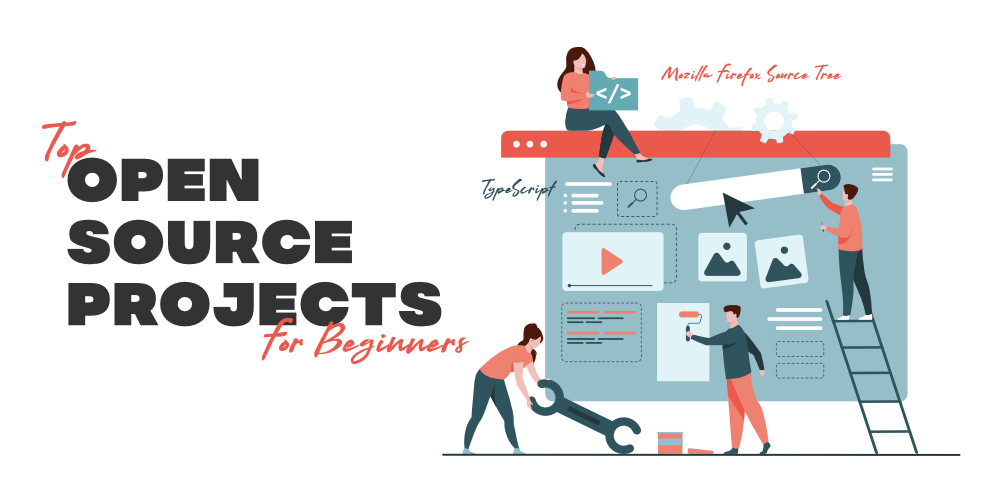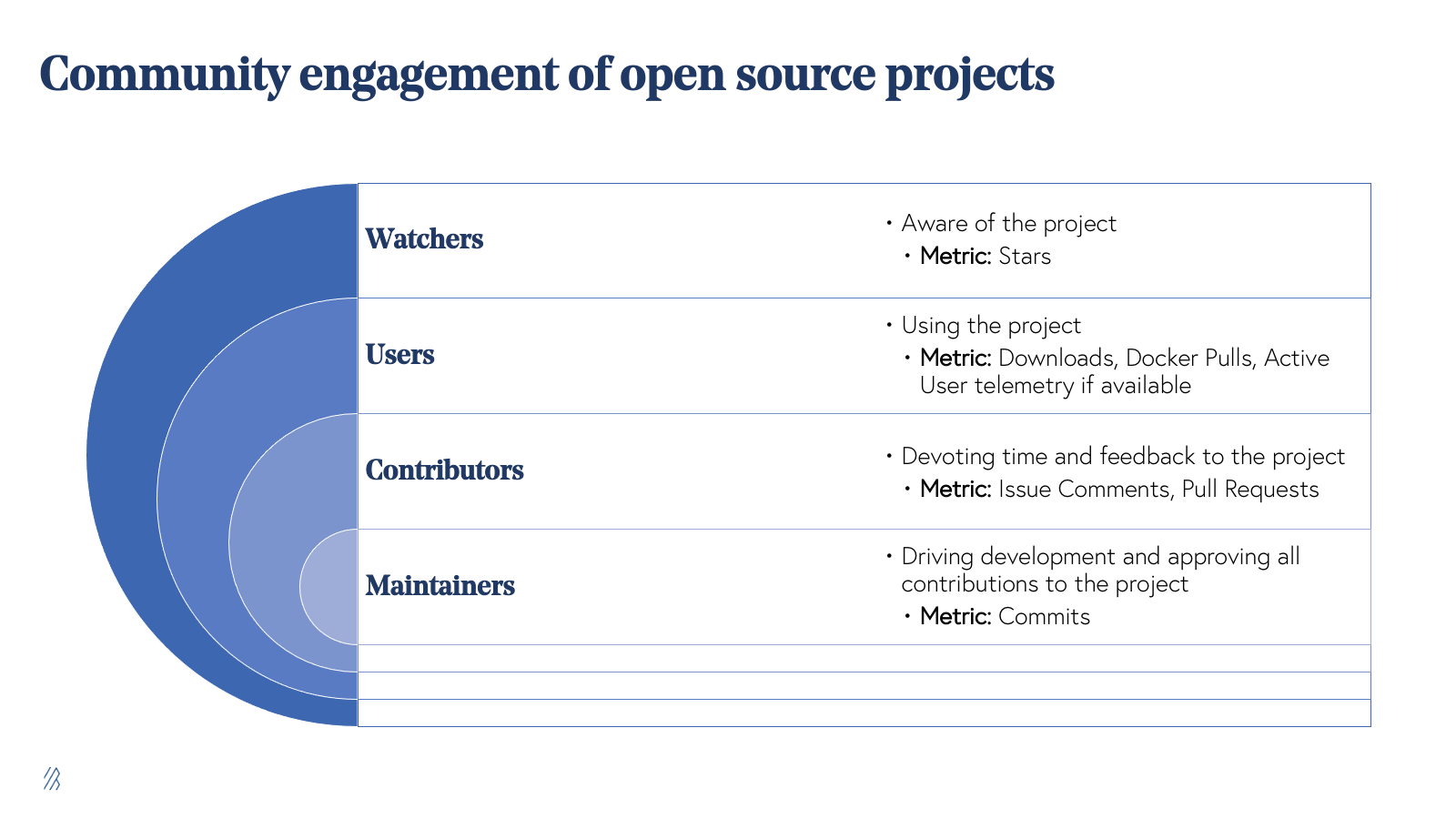Open source contributions offer fresh graduates a gateway to career opportunities by showcasing their skills in collaborative environments and demonstrating their commitment to innovation and community-driven projects.
Introduction to Open Source Projects
In today’s dynamic tech landscape, open source projects have become a cornerstone for cutting-edge innovation and a valuable pathway for fresh graduates seeking job opportunities. Engaging in open source work allows budding professionals to immerse themselves in an international environment, collaborating with diverse teams across the globe. This exposure not only broadens their technical expertise but also hones essential soft skills such as communication, problem-solving, and adaptability.
Showcasing Capabilities through Open Source
Participation in open source projects provides a unique platform for graduates to showcase their capabilities in real-world scenarios. It fosters teamwork, as contributors often work closely with experienced developers, learning industry best practices and gaining insights that are rarely taught in classrooms. This collaborative spirit is crucial in today’s job market, where employers value candidates who can seamlessly integrate into multicultural teams and contribute effectively from day one.
Benefits of Open Source Involvement
Moreover, open source involvement signals a proactive and self-motivated mindset to potential employers. It demonstrates a commitment to continuous learning and a willingness to tackle challenges head-on. By contributing to high-impact projects, graduates not only build a robust portfolio but also create networking opportunities with industry leaders, opening doors to exciting job prospects. In essence, open source is more than just a coding practice; it is a gateway to a thriving career in the ever-evolving tech industry.
Opportunities in Open Source Projects
Open source projects are publicly accessible and can be modified by anyone. They cover a broad spectrum of fields, including software development, documentation, testing, and community engagement. For college graduates, contributing to these projects can be a game-changer. Here’s how:
- Building a robust portfolio with mini projects: Participating in open source projects allows graduates to build a strong portfolio showcasing their practical skills. Mini projects, for instance, are an excellent way to demonstrate one’s ability to solve real-world problems. These projects are typically smaller in scope, making them perfect for learning and experimentation. Completing and sharing mini projects on platforms like GitHub provides tangible evidence of a candidate’s capabilities to potential employers.
- Internships and real-world experience: Many open source organisations offer internships that are invaluable for gaining hands-on experience. These internships are often more flexible and varied than traditional ones, allowing interns to work on different aspects of a project, from coding and testing to documentation and community engagement. This diversity helps interns develop a well-rounded skillset that is highly attractive to employers.
- Diverse and likeable work: One of the major appeals of open source work is the variety it offers. Graduates can choose projects that align with their interests and career goals, whether that’s developing new features, fixing bugs, improving documentation, or testing software. This freedom to select work that one enjoys not only makes the experience more enjoyable but also leads to better productivity and learning outcomes.
Skills Development in Open Source
Documentation – an underrated skill: Good documentation is crucial for any project’s success; yet, it is often overlooked. Contributing to documentation in open source projects can significantly improve a graduate’s writing and communication skills. Clear, concise, and comprehensive documentation helps others understand how to use and contribute to the project, showcasing the contributor’s ability to communicate complex ideas effectively.
Coding and testing – core technical skills: At the heart of many open source projects is coding. Regular contributions help graduates refine their programming skills and stay updated with the latest technologies and best practices. Testing is another critical area, where contributors ensure the software works as intended and is free of bugs. These technical skills are highly sought after by employers across various industries.
Soft Skills Development
Developing soft skills: Engaging in open source projects goes beyond technical skills. It involves collaborating with diverse teams, often spread across different time zones and cultures. This collaboration fosters important soft skills such as communication, teamwork, problem-solving, and time management. These skills are essential in any job and significantly enhance a graduate’s employability.
Community Engagement and Networking
Community involvement: The open source community is vast and supportive. Active involvement in this community helps graduates build a professional network, gain mentorship, and receive feedback on their work. Being part of a community also means contributing to something bigger than oneself, which can be highly rewarding and fulfilling.

Working with different cultures: Open source projects often have contributors from around the globe. This international exposure is invaluable as it teaches graduates how to work with people from different cultural backgrounds. Understanding and respecting cultural differences is crucial in today’s globalised work environment and is a skill that employers value highly.
Professional Growth and Opportunities
Global networking opportunities: Being part of an international community provides numerous networking opportunities. Graduates can connect with experienced professionals, potential employers, and peers. These connections can lead to job opportunities, collaborations on new projects, and even lifelong friendships.
Showcasing contributions: Graduates can use their open source contributions as a powerful tool during job applications. Having a portfolio of completed projects, documented contributions, and positive feedback from the community can set them apart from other candidates. Employers appreciate candidates who have proven experience and can demonstrate their skills through actual work rather than just academic achievements.

Tailoring applications to highlight open source experience: When applying for jobs, it’s important to highlight open source contributions prominently. Graduates should include links to their profiles on platforms like GitHub, mention specific projects they’ve worked on, and describe their roles and achievements. This detailed account of their open source work provides concrete evidence of their abilities and commitment.
Continuous Learning and Recognition
Continuous learning and growth: Open source projects are constantly evolving, providing endless opportunities for learning and growth. Graduates who stay involved in these projects continue to develop their skills and stay updated with industry trends. This continuous learning is crucial for career advancement and staying competitive in the job market.
Building a reputation: Regular contributions to well-known open source projects can help graduates build a solid reputation in the tech community. Being recognised as an active and valuable contributor can open doors to new job opportunities, speaking engagements at conferences, and invitations to collaborate on exciting projects.
Conclusion
Engaging in open source projects offers college graduates a unique and effective pathway to enhance their job prospects. From developing technical and soft skills to gaining international exposure and building a professional network, the benefits are extensive. By contributing to open source, graduates not only improve their chances of securing employment but also embark on a journey of continuous learning and professional growth. Open source is not just about writing code; it’s about being part of a global community and making a meaningful impact in the world of technology.










